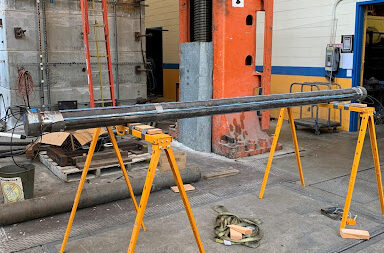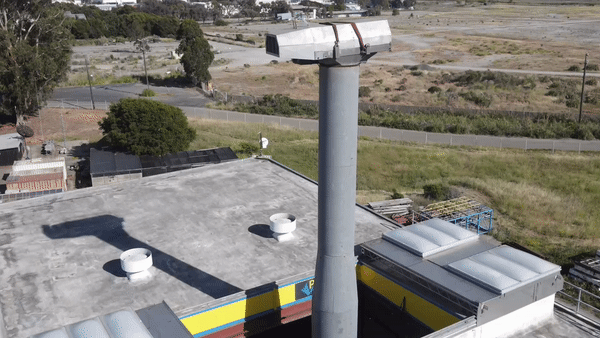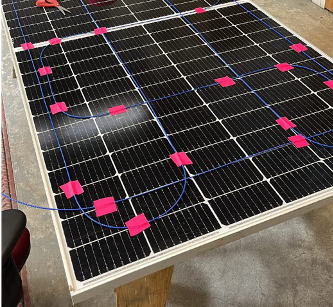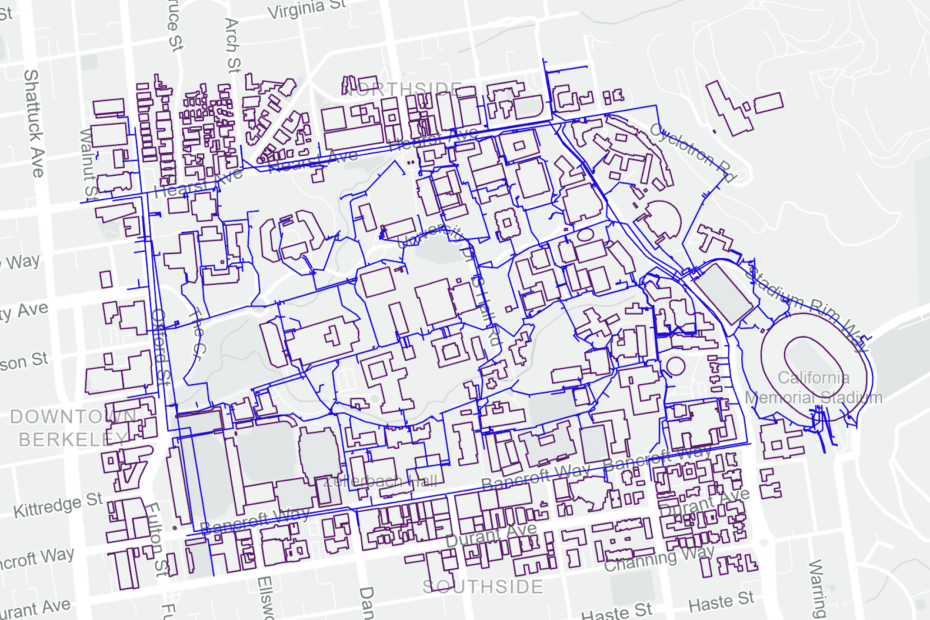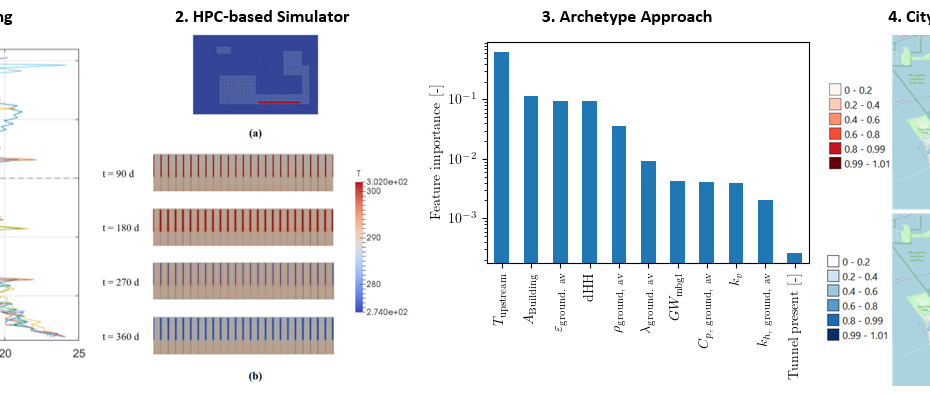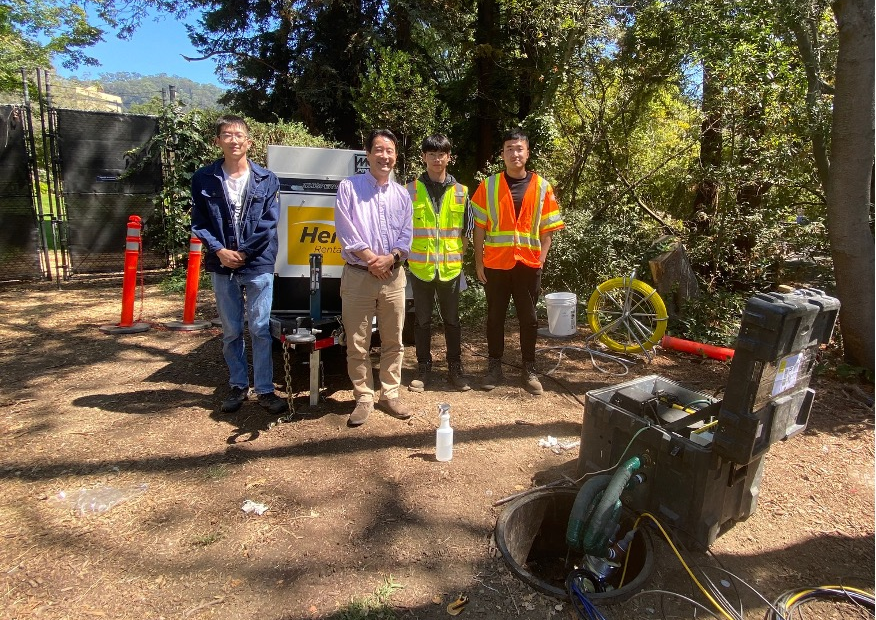Boston Geothermal field monitoring
A pilot project of “Networked Geothermal” is conducted in Framingham, MA to explore the possibility of reducing carbon emissions through the district heating and cooling networks utilizing geothermal. By taking advantage of distributed fiber optic sensing technology, CSI conducted three distributed …
Read MoreCEC / LBNL – NGS-SMART: Natural Gas Storage – Safety Monitoring with Autonomous Reflectometry Technologies
CSI has proposed to develop and field demonstrate an integrated suite of novel, autonomous, and real-time NGS wellbore integrity monitoring technologies based on distributed electromagnetic and fiber optic reflectometry methods. Wellbore integrity is of paramount importance to the safe storage of na…
Read MoreCEC / LBNL- Integrated DFOS for Realtime Monitoring of OWT Gearbox and Tower Operation and Marine Animal Activities
UC Berkeley and Lawrence Berkeley National Laboratory researchers conducted a 4-point bend test and a shake table test to compare and evaluate the capabilities of two technologies: Optical Frequency Domain Reflectometry (OFDR) and Phase-based Time Domain Reflectometry (φ-OTDR) in the context of offs…
Read MoreCSI – DFOS-based gas sensing
1. Fiber optics-based CO2 sensing Soga’s Research Group collaborate with Redondo Optics Inc to develop a multi-channel (4-sensing channels) fiber optic intensity radiometric interrogation system (FIRIS™-M400) which is suitable for the real-time monitoring of the light transmission status of ROI’s ab…
Read MoreDistributed Strain Sensing of a Solar PV single-axis tracking system located at the Nextracker Development Center
This project seeks to demonstrate the ability of fiber optic sensing (FOS) technology to produce meaningful data that characterize single-axis tracking systems with regard to dynamic wind loading. This project will explore the ability of FOS technology to capture frequency modes, deflection of fram…
Read MoreDOE – Geothermal based Optimized Energy Systems (GOES)
The majority of electricity utilized by UC Berkeley, along with its entire steam supply for heating, is generated from a co-generation plant situated on campus, which, however, contributes to 80 % of campus CO2 emissions. Moreover, the aged energy delivery system suffers from serious distribution lo…
Read MoreDOE / LBNL – Supported R&D on Optical Time Domain Reflectometer Dynamic Strain Sensing System Development and Application to Hydraulic Fracture
CSI, in collaboration with Texas A&M University and Lawrence Berkeley National Laboratory, is part of a research team dedicated to establishing a cutting-edge field laboratory in the hydrocarbon-rich Eagle Ford Shale formation. Supported by the Department of Energy (DOE), their objective is to a…
Read MoreEnel – Wind Turbine Tower Monitoring with Distributed Strain Sensing
CSI researchers fully instrumented a fully operational onshore wind turbine at the Rocky Ridge Wind Farm in Oklahoma in the Fall 2022. Analyzers using different technologies, including an analyzer that implements Distributed Acoustic Sensing (DAS), are currently collecting data daily to perform long…
Read MoreNSF – CMMI-EPSRC Modeling and Monitoring of Urban Underground Climate Change (MUC2)
CSI aims to advance understanding of the impacts of the urban underground on the subsurface temperature increase at the city scale. In this research, high-performance computing (HPC) based city-scale underground climate change simulator is developed. To calibrate and validate the numerical model, a …
Read MoreUC Berkeley – Campus Geothermal Borehole Testing
CSI has been investigating how communities can use ground source heat pumps and other geothermal technologies to provide energy more sustainably. The University of California, Berkeley, is building a clean electrified heating and cooling plant utilizing shallow geothermal to cut down greenhouse gas…
Read More
